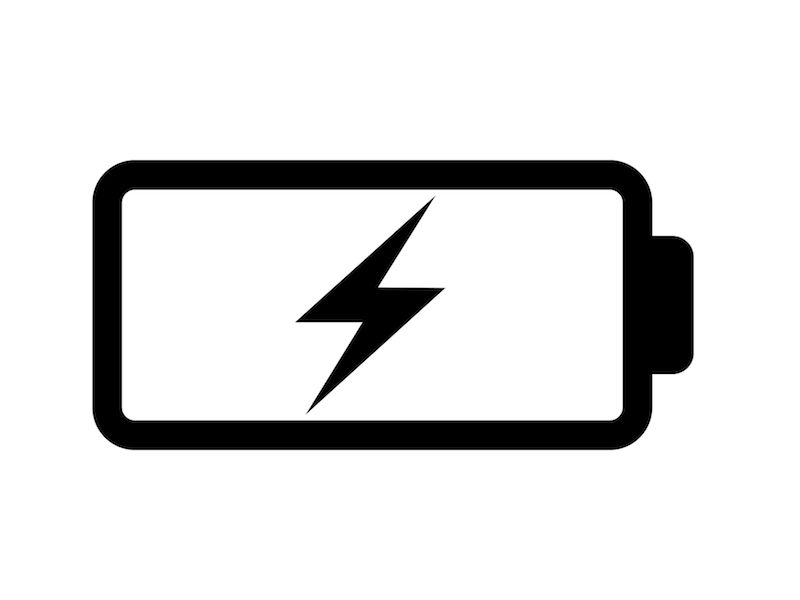
Stressing about losing battery power is something you shouldn’t have to do with rechargeable hearing aids, but when you rely on this technology, it might make you slightly nervous. Do rechargeable hearing aids work as well as marketed or do they even work at all?
The stress is reasonable and so are the question you might have. A hearing aid is often as important for the enjoyment of a television show or a movie as it is for a trip to the supermarket or any other part of everyday life. It’s essential that a piece of technology works properly and dependably, especially when it affects so many facets of life.
What Type of Battery do I Have?
Most modern hearing aids have rechargeable batteries by default, so it’s likely if you bought your hearing aids recently, it has one of two types of batteries. Silver-zinc batteries, which have a battery door on the back, are rechargeable, but every now and then they need to be replaced. A Lithium-ion battery, however, will last throughout the life-cycle of the hearing device and, as such, those devices will not have that telltale battery door.
How to Care For Your Rechargeable Hearing Aid
For the most part, rechargeable hearing aids do work, and they work well. The dependability of these devices has enhanced significantly in the last several years, as battery technologies have advanced. In order to increase reliability, however, there are a few maintenance measures users can take as they would with any other electronic technology.
- The Charging Station is Where Your Hearing Aids Should be Kept: If your hearing aids have rechargeable batteries, you can increase the battery life of your device by ensuring that you consistently store your hearing aids on their charging station. Charging a battery that is not completely drained does not diminish long-term battery life. As a matter of fact, you can actually enhance the battery life by making sure your hearing aids are charging while not in use. For lots of people, placing their charging station next to their bed is a convenient reminder to charge the devices when not in use.
- Keep Your Hearing Aids Clean and Dry: Your hearing aids will collect debris, dust, and moisture regardless of how often you use them. Any combination of these three elements can diminish the efficiency of your battery and can obstruct charging as much as it needs. That’s why it’s essential to keep your hearing aids dry and clean particularly when connecting your hearing aid to its charging station.
- Be Mindful of Wires: Most hearing aids will contain a wire element of some kind, either on the hearing aids themselves or on the charging station. Most hearing aid users are advised to be mindful of these wires; the connection that allows the device to charge can be broken if you pull on or hold it by the wires.
How to Change a Rechargeable Battery
Lithium-ion batteries should last the lifespan of your device. So replacing those batteries shouldn’t be something you ever have to worry about. Your hearing aids can then be simply charged as long as needed.
However, you will need to occasionally replace the batteries if you have a hearing aid that utilizes silver-zinc batteries. The lifespan of your battery can be improved by changing them in the correct way. Because of this, hearing professionals recommend the following:
- Before changing batteries, be sure you wash your hands.
- Don’t remove any packaging or plastic tabs until you’re ready to use batteries.
- Confirm that your battery compartment is free of moisture and clean.
- Make sure you have a dry, room temperature place to keep your batteries.
- Five minutes before removing any tabs that may be attached let the batteries sit at room temperature.
Non-Use For Long Periods
Keeping your hearing aids on the charger over extended periods of time is no longer the best way to store your hearing aids. If, for instance, you know that you won’t be using your hearing aids for a few weeks or months, you can simply unplug the charger and put your hearing aids in a cool and dry spot.
If your hearing aids utilize silver-zinc batteries, you might also think about leaving the battery door open in order to prevent moisture from corroding your batteries.
Keep it Charged Every Day
All your general needs should be satisfied if you charge your hearing aids once per day. A lithium-ion battery, for example, will usually require just 3-4 hours to charge adequate battery power for a 24 hour period.
Do rechargeable hearing aids work? They don’t only work, they are becoming more common every day. Make an appointment with your local hearing aid retailer to see all the different models
